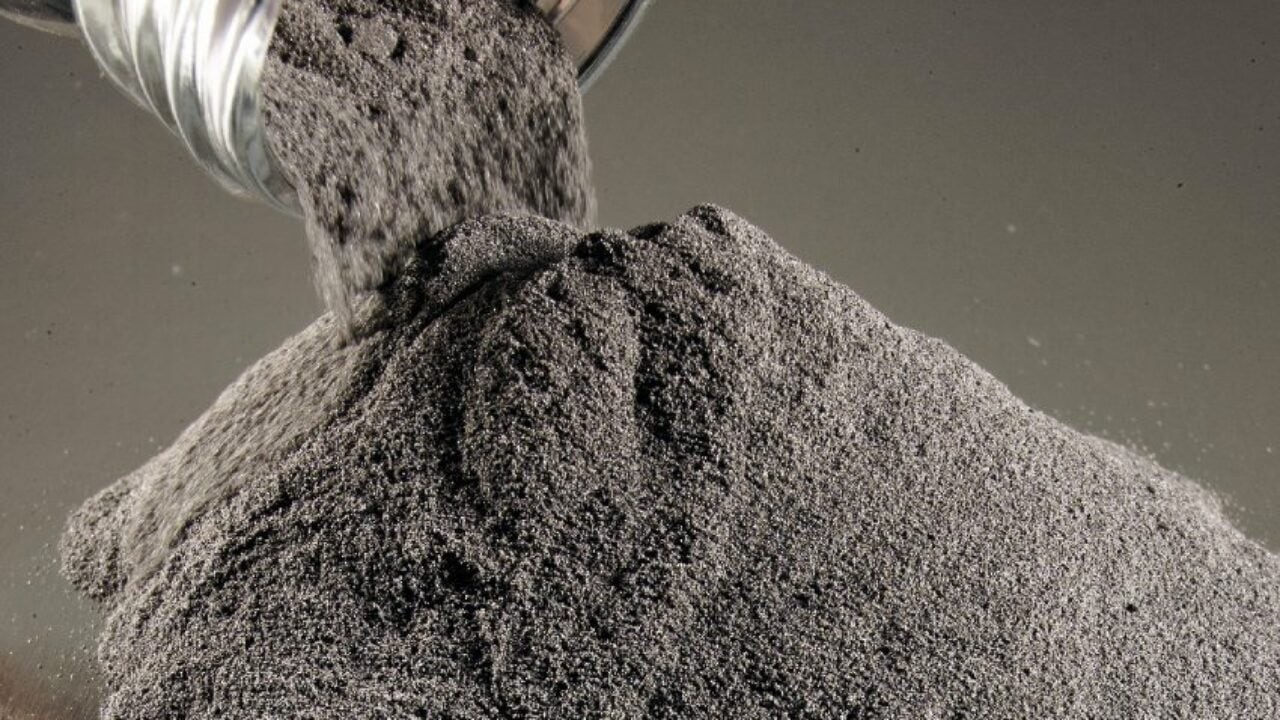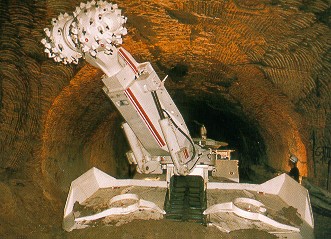
This Self-Study Course provides the fundamental principles of processing tungsten and other refractory materials covering powder production, shaping and consolidation options, debinding, dewaxing, and sintering of tungsten, refractory, heavy alloy, W-Cu composites, and cemented carbides. The student will gain an understanding of the practical processing of tungsten and refractory metals, and engineering as it relates to this technology. The Course has a strong technical emphasis on refractory materials providing valuable knowledge for career development.
Target Audience
- Materials Engineers and Technologists
- Mechanical, Industrial, Manufacturing, Process, and Aerospace Engineers
- Quality Assurance Engineers and Technologists
- Management and Overseers of Powder Metallurgy Organizations
Recommended Pre-Requisites
A practical understanding of chemistry and physics is beneficial for the comprehension of fundamental principles provided in this course.
Duration of Course
This Course contains twelve (12) pre-recorded segments that average 60 minutes each. The Course will be open to the student for 2 months from the date of purchase.
Learning Objectives
Upon completion of the Course, the student should be able to:
- Differentiate refractory metals from other materials, and understand mechanical properties, and their application as engineered materials.
- Discuss how combinations of refractory metals and cemented carbides affect these materials' ductility, stiffness, hardness, CTE, conductivity, oxidation resistance, and microstructures.
- Discuss particle size, shape, characterization, and techniques for producing refractory powders.
- Understand shaping techniques utilized for the production of components from refractory materials.
- Understand the degree of sintering, particle necking, grain boundary diffusion, densification, and its effect on mechanical properties.
- Identify good candidates for refractory material components, required secondary operations.
- Understand design features, composition flexibility, competitive properties, and performance data of various refractory materials.
Certificate of Achievement
Upon Completion, Please contact Stephanie Gibbs for your Certification of Achievement.

Cost of Course
$850 per individual for less than 6 employees
$750 per individual for groups of 6-9 employees
$650 per individual for groups of 10 or more employees
(Contact Stephanie Gibbs to register multiple employees.)
This Course contains twelve (12) pre-recorded segments that average 60 minutes each. Below is a listing of lectures with a short description of goals/objectives that will be defined within the lecture.
Part 1 Introduction - An introduction to the terminology, background, and definitions associated with tungsten, tungsten carbides, and related refractory metal alloys.
Part 2 Refractory Metals and Alloys - Individual refractory metals and tungsten carbides, key properties, historical highlights, major alloying and compositions, and examples of applications.
Part 3 Powder Testing - Powder characteristics, including particle size distribution, surface area, particle imaging, apparent and tap densities, and how these characteristics can be modified through milling and mixing.
Part 4 Powder Fabrication - Elemental, blended, alloyed, composite, and nanoscale powders including powder fabrication methods, and the application of powder characterization tools.
Part 5 Shaping - Typical powder shaping processes, rationalization and examples of shaping for various components, and identification of limitations.
Part 6 Sintering - Sintering definition; sintering - mechanisms, activated, liquid phase, and pressure-assisted sintering, stages, driving force; initial stage neck growth; intermediate stage densification; final stage pore elimination, grain growth; structure changes.
Part 7 Microstructure - Typical microstructures, grain size distribution, dihedral and contact angles, fracture surfaces, and how microstructure affects properties.
Part 8 Refractory Alloys - Composition, processing, microstructure, properties, how composition and temperature change properties, most common refractory alloy features and applications.
Part 9 Carbides - History and advantages and unique properties of cemented carbides, densification methods, testing, and diversity of applications.
Part 10 Heavy Alloy - History, property variations, effects of composition and processing, production process options, mechanical properties, and application examples.
Part 11 Thermal Management - Thermal and electrical management applications, why composites of refractory metals can be a better solution and other materials such as Mo-Cu and W-Ag.
Part 12 Parting Comments - A final review of primary use and applications of refractory materials, discuss market pressures and trends, and explore new opportunities for these materials.